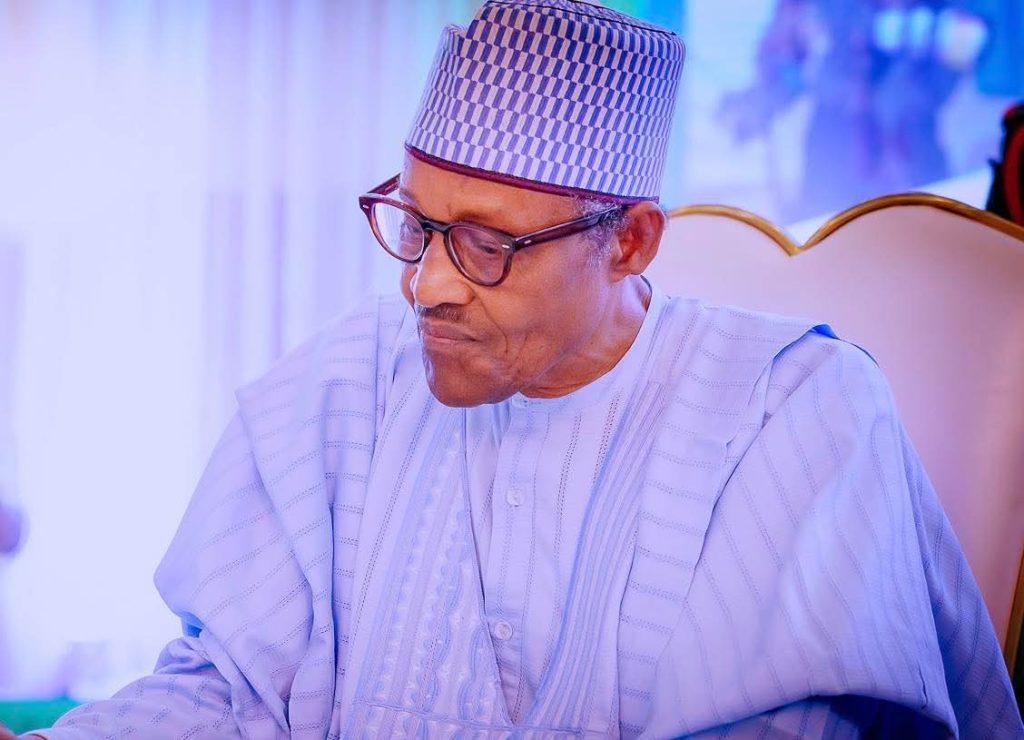Featured
The silent epidemic: Why the world Is ignoring the hearing crisis”
DDM News

March 3 marks World Hearing Day, a global event dedicated to raising awareness about hearing health and promoting preventive measures.
The World Health Organization (WHO) leads this annual campaign, highlighting the increasing prevalence of hearing loss worldwide.
Reports gathered by Diaspora digital media (DDM) indicate that over 1.5 billion people currently experience some degree of hearing impairment.
By 2050, experts predict that this number could surge to 2.5 billion due to various environmental and lifestyle factors.
Despite these alarming statistics, a significant portion of hearing-related issues can be prevented through early intervention and proper care.
The growing challenge of hearing loss
Hearing health has become a critical public health issue over the past few decades.
According to WHO, nearly 430 million people require rehabilitation services due to disabling hearing loss.
The rapid increase in hearing impairment cases is linked to factors such as aging, noise pollution, infections, and genetic predispositions.
Many individuals experience gradual hearing deterioration without realizing it until it reaches an advanced stage.
Common warning signs include difficulty following conversations, asking people to repeat themselves, and frequently increasing TV or music volume.
Persistent ringing in the ears, also known as tinnitus, is another major symptom of early hearing damage.
Studies show that excessive exposure to loud noise is one of the leading causes of hearing loss among young people.
The use of personal audio devices at high volumes for prolonged periods has contributed to rising cases of noise-induced hearing impairment.
World Hearing Day: A history of advocacy
World Hearing Day was first observed in 2007 as an initiative to address global concerns about hearing health.
Over the years, WHO has used this platform to promote safe listening habits and early hearing screenings.
In 2015, WHO launched the “Make Listening Safe” campaign to reduce noise-induced hearing loss among young people.
By 2021, the first-ever World Report on Hearing was released, emphasizing the urgent need for preventive measures.
This report highlighted that nearly 60% of hearing disorders in children could be prevented with timely medical intervention.
The report also called for stronger policies and investments in hearing healthcare worldwide.
The impact of hearing loss on daily life
Untreated hearing impairment affects communication, emotional well-being, and overall quality of life.
Studies suggest that individuals with unaddressed hearing difficulties are more likely to experience depression and social isolation.
Children with hearing problems often struggle with speech development and academic performance.
In adults, hearing decline can lead to workplace challenges, reducing productivity and career opportunities.
Elderly individuals with hearing issues have a higher risk of cognitive decline, including conditions such as dementia.
A study published by the Lancet Commission on Dementia Prevention found that untreated hearing loss is a major modifiable risk factor for dementia.
Addressing hearing concerns early can significantly improve a person’s ability to interact and participate in daily activities.
The economic burden of hearing loss
Beyond personal challenges, hearing impairment has significant economic consequences.
According to WHO, the global cost of unaddressed hearing loss is estimated at $980 billion annually.
These costs stem from healthcare expenses, lost productivity, and the need for special education services.
In many low-income countries, access to hearing care remains limited, exacerbating the problem.
A lack of awareness and financial constraints prevent many from seeking early diagnosis and treatment.
Expanding access to affordable hearing aids, cochlear implants, and rehabilitation services is crucial.
How to prevent hearing loss
Experts emphasize that simple lifestyle changes can help protect hearing health and reduce the risk of hearing damage.
One key recommendation is to keep volume levels below 60% when using personal audio devices.
Using noise-canceling headphones can also minimize the need to increase volume in loud environments.
Frequent breaks from noisy surroundings, such as concerts and industrial workplaces, help preserve hearing function.
Individuals working in high-noise areas should wear ear protection, including earplugs or earmuffs.
Mobile apps are now available to track and manage sound exposure levels, allowing users to monitor their hearing safety.
Routine hearing tests are essential for early detection and treatment of any emerging issues.
Advancements in hearing technology
In recent years, innovations in hearing technology have improved the quality of life for many individuals.
Modern hearing aids are now smaller, more efficient, and equipped with advanced noise-reduction features.
Cochlear implants have transformed the lives of people with profound hearing loss, restoring their ability to perceive sound.
AI-powered hearing devices can now adapt to different environments, enhancing clarity in conversations.
Smartphone apps allow users to adjust their hearing aids remotely, improving convenience and accessibility.
The role of governments and policymakers
Governments play a vital role in promoting hearing health through regulations and public awareness campaigns.
Implementing noise control policies in workplaces and urban areas can help reduce noise-induced hearing damage.
Ensuring affordable hearing care services in public health programs can improve accessibility for vulnerable populations.
Education initiatives in schools can teach children the importance of protecting their hearing health.
By investing in hearing healthcare, countries can reduce long-term healthcare costs and improve public well-being.
Raising awareness for better hearing health
WHO and global health organizations continue to advocate for stronger policies to protect hearing well-being.
Educational campaigns encourage young people to adopt safe listening habits and prioritize hearing care.
Governments are urged to implement noise regulations and improve access to hearing services.
The introduction of affordable hearing aids and cochlear implants has helped many individuals regain hearing ability.
However, challenges remain, particularly in low-income regions where hearing healthcare is limited.
By observing World Hearing Day, experts hope to inspire more people to take proactive steps in preserving their hearing health.
Conclusion: A collective responsibility
As the global burden of hearing loss rises, early prevention and awareness remain the best strategies for protecting future generations.
Health organizations, policymakers, and individuals all have a role to play in promoting hearing well-being.
Adopting safer listening habits, investing in hearing care, and supporting research in hearing technology are essential steps forward.
By taking action today, we can ensure that the world hears better tomorrow.
For Diaspora Digital Media Updates click on Whatsapp, or Telegram. For eyewitness accounts/ reports/ articles, write to: citizenreports@diasporadigitalmedia.com. Follow us on X (Fomerly Twitter) or Facebook












